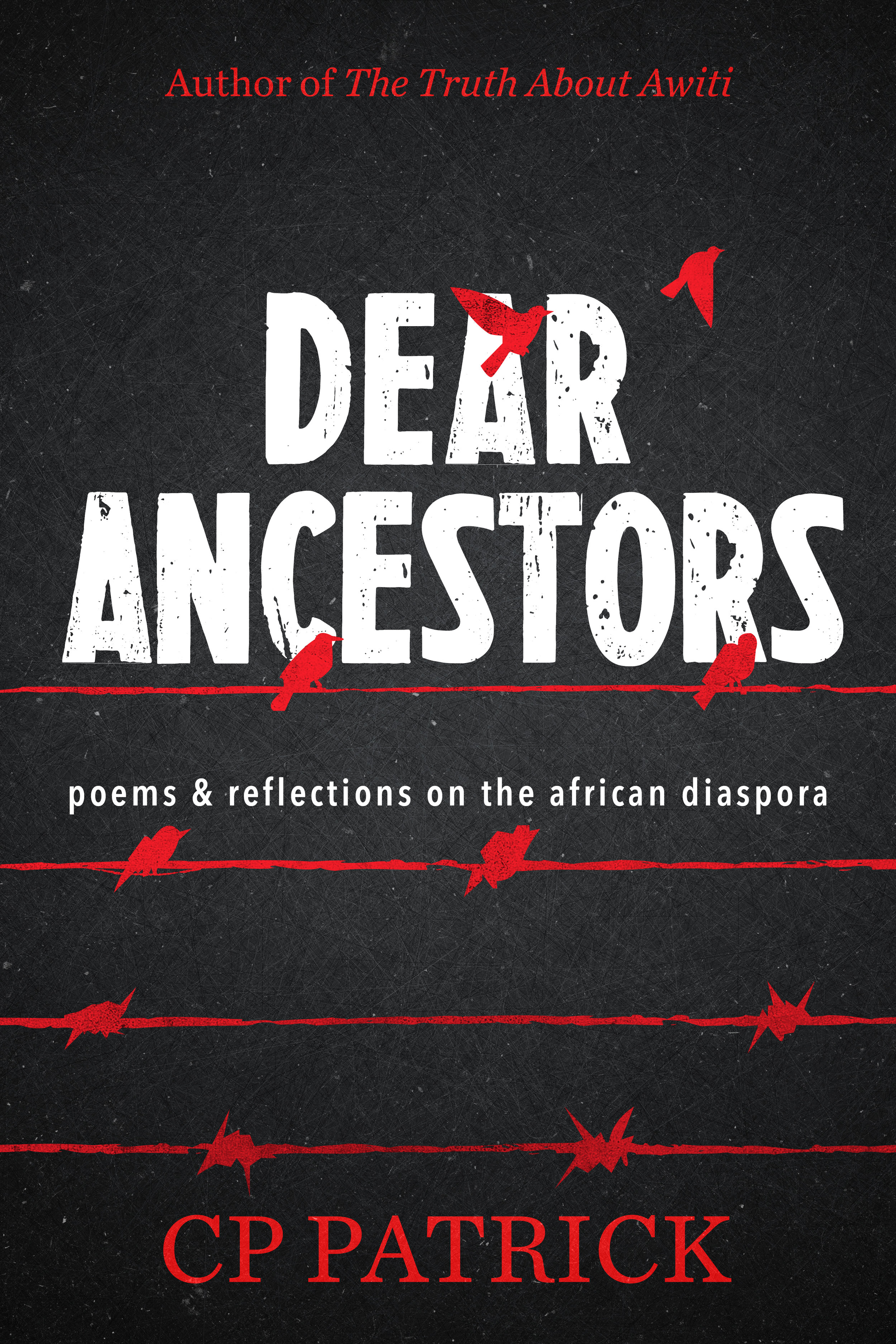A lover of fiction and fantasy from a young age, CP Patrick enjoys writing stories interwoven with the African diaspora experience. She holds a Bachelor of Arts in Africana Studies from the University of South Florida, Master of Arts in African Studies from The Ohio State University, and Juris Doctor from Stetson University College of Law.
What made you want to be a writer? How did you begin writing?
I have always loved reading, and I think my love for literature and storytelling led me to write my own stories. I actually started with writing poetry and even though I love writing novels, poetry remains my first love.
What inspires you to write?
I am inspired by so many things! The history of the African diaspora is so vast, there are so many stories just waiting to be discovered. I particularly enjoy writing about subjects or moments in history that have never been told. I love showing the diversity of narratives about of the African diaspora.
Is there any particular incident that has happened along your writing journey that you’d like to share?
Ha! There are so many incidents! Writing is such an adventure and there’s always something to learn. No writer has it all figured out. I think the funniest incidents occur during the writing and publication of your first work, especially the nightmares. After the publication of my debut novel, The Truth About Awiti, I had nightmares that the wrong file was uploaded. I also had nightmares that readers would receive books with blank pages. I can laugh about it now but it was terrifying at the time.
Do you have any advice for aspiring authors?
Don’t give up! The writer’s life is filled with rejections, doubt, and many tears. It’s part of the process. And every lesson learned along the way makes us better writers, grows our ability to receive (and appreciate!) constructive criticism, and strengthens our commitment to our passion. Never, ever give up on your work. I always tell writers – you owe it to yourself and your characters to finish your manuscript.
Any advice for approaching publishers?
From my experience, approaching publishers is easy when you believe in your work. They get excited about the story when the author is excited about the story! Also, you should be able to pitch your story in a minute or two. Here’s an example of a discussion I had with an editor from St. Martin’s Press:
Editor: So tell me, what are you working on?
Me: It’s a historical fiction about a restless slave spirt that wreaks havoc and seeks revenge in the form of hurricanes. It’s currently titled The Truth About Awiti and I’m having so much fun writing it.
Editor: Interesting! How did you come up with that idea?
Me: In grad school I heard a theory that the spirits of slaves are not at rest and they are embodied in the winds of hurricanes. This theory came about because many hurricane winds start off the coast of West Africa, gain momentum as they cross the Atlantic, and hit mostly the southern slave holding states. It always stuck with me so I decided to write a story about it.
That same editor is the one who helped me find my agent. You may only get a few minutes to discuss your story, so you need to hit the highlights and have the publisher wanting more.
What do you think is the biggest marketing challenge for new authors?
The biggest marketing challenge for all authors is finding your audience. Readers are out there but where are they and how do authors engage them without being annoying? I am fairly active on Facebook, Twitter, and Goodreads but I am most active on Instagram because that’s where my audience is most active. I spend, on average, an hour to two hours Monday through Friday engaging with fellow writers and readers.
What methods of book marketing do you find the most effective?
Engaging readers and other writers on social media works well because it’s genuine interaction. That includes responding to questions, liking/acknowledging posts, and reposting reviews and pictures of books. I have also found reader subscription services, particularly e-book subscription services, are great for reaching new audiences. And book subscription boxes, which are relatively new, have also been very effective.
How do you handle rejection as a writer?
Ah, I have come a long way in terms of handling rejection. The first few times, it is soul-crushing. You’ve poured your heart into a project only to have someone say, “Meh.” I have cried over comments and suggested edits from my agent. But with each rejection, you learn something that can strengthen your writing and resolve. I have become more thankful than resentful for rejections and constructive criticism. “Someone took the time to read my work and wants to help make it better, or notices areas that can be improved. Yay!” That’s how I review rejection these days. It doesn’t mean it doesn’t burn, but it’s better than someone lying and saying your writing is perfect when it really isn’t.
Is there anything else you’d like to share with aspiring writers?
Welcome to the dark side! The writer’s life is one of constant adventure. There will always be a need for great stories, so finish writing yours!
Find out more about CP Patrick's latest work via her website, Facebook and Goodreads.













